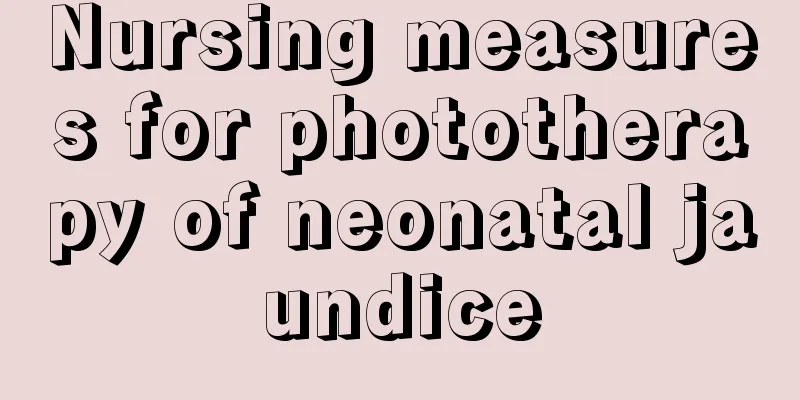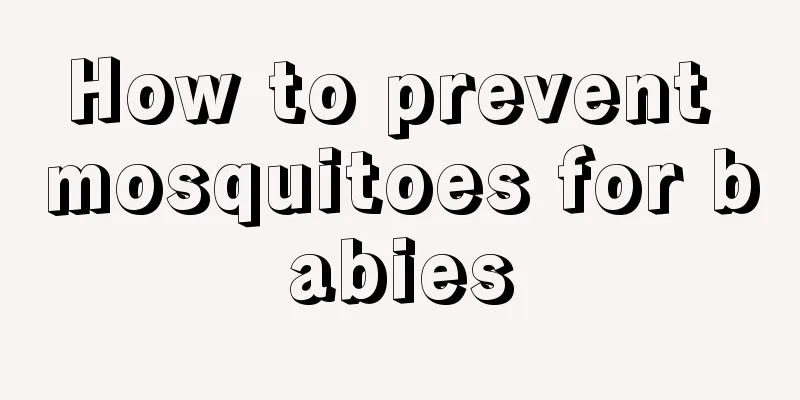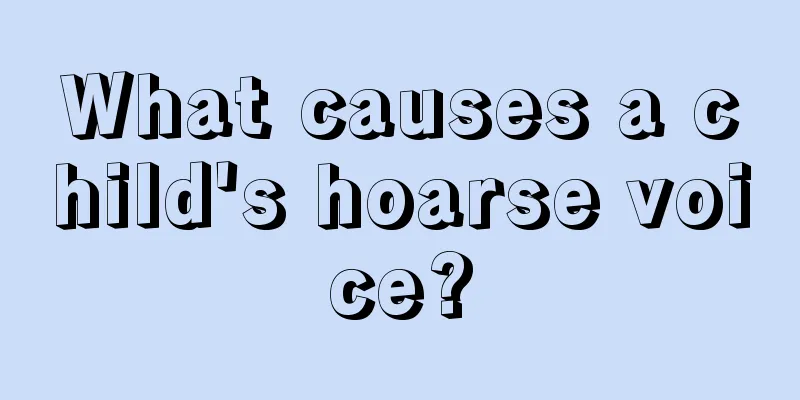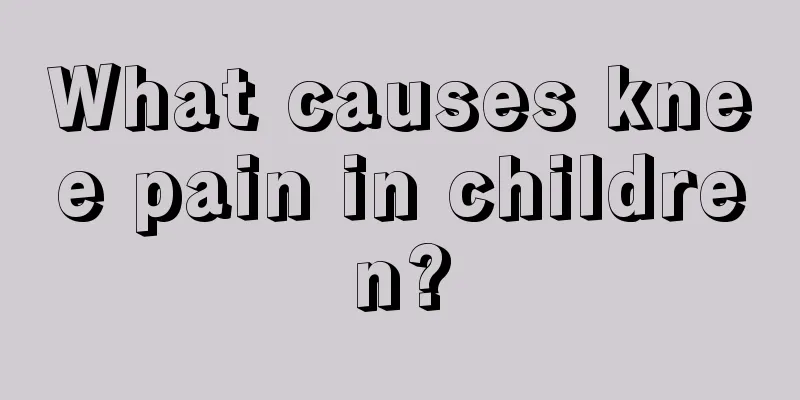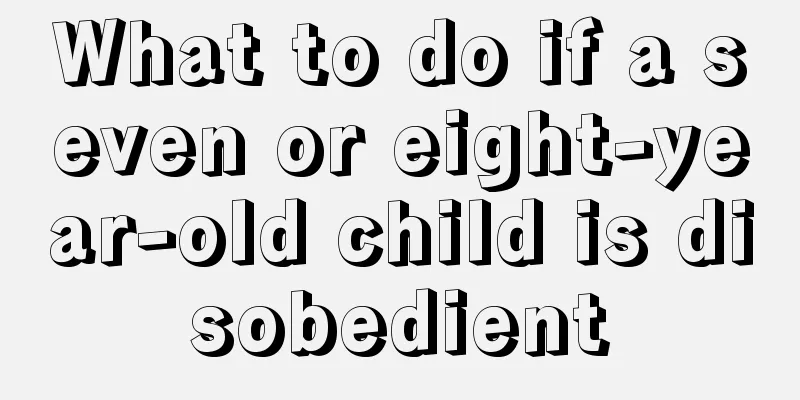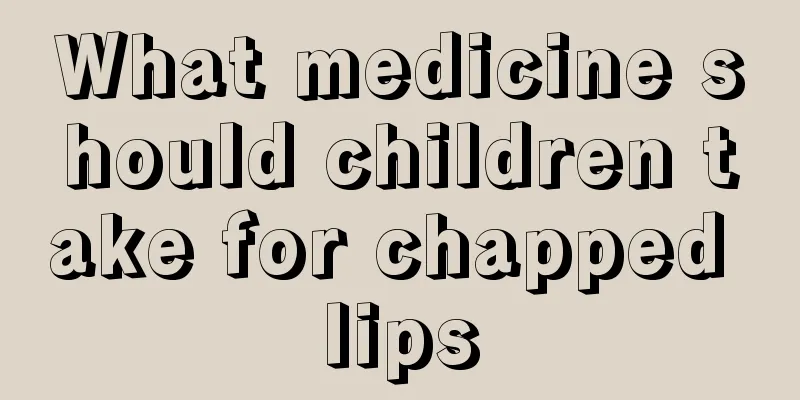2 year old boy can't speak
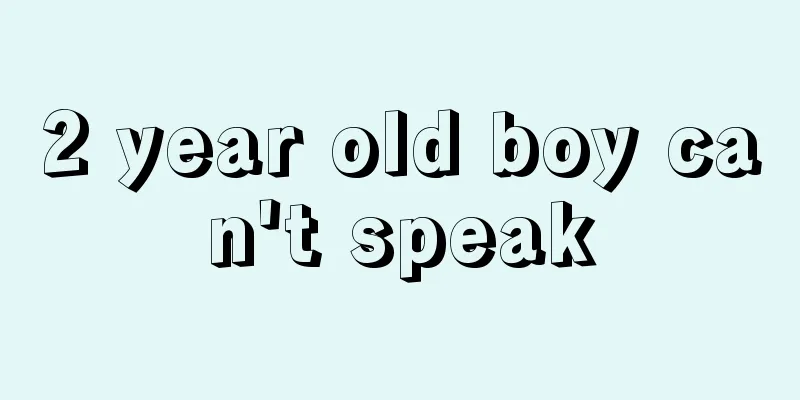
|
Generally speaking, babies of two years old have already started to learn to speak. If your baby has not started to speak yet, or even cannot speak, you must find out the real reason and not delay the real opportunity for treatment. If you miss it, your baby will eventually develop language disorders, which will cause some unnecessary trouble. In this case, you must learn to adjust this situation. My baby still can't speak at 2 years old 1. Children's language development Language consists of two components: verbal and non-verbal. The two are a dynamic and interactive process that begins in children's early development. Language development varies greatly among individuals because it is influenced by biological factors and the environment. There are sex differences in language development and language-related brain functions. 2. Recent studies on language using functional magnetic resonance imaging have shown that in language information processing, women have more activation in the nervous system than men; men have a unilateral advantage in brain activation, mainly in the left inferior frontal angular gyrus, while women have more active corresponding areas on both sides of the brain. This may explain why boys have more language problems than girls in early childhood. The progression of language development is as follows: (1) Pre-language period (birth to 12 months): Before children start to speak, they have already used language, and the way of communication at this time is non-verbal, such as eye contact, smiling, etc., and in this way of communication, they gradually learn the rules of language communication. For example, when adults and children play the game of "hide and seek", it reflects joint participation and cultivates children's "turn-taking" behavior in interactions. Children in this period mainly begin to pronounce words. At about 3 to 4 months, they will babble repeatedly. At 8 months, they can pronounce a combination of consonants and vowels. At 12 months, they can use one word and use gestures to express their meaning, such as waving to say goodbye and pointing to pictures with their little fingers. (2) Initial language stage (1 to 3 years old): Children at this stage use words to express things they already know and to communicate with others, but they are also self-centered. Despite this, children continue to communicate using nonverbal methods, in combination with verbal methods. Children aged 12 to 18 months can use words, and their vocabulary increases to 20. Children aged 18 to 24 months enter the stage of combining two words. If children are familiar with something, they can combine words according to the rules in communication. (3) Sentences begin to appear. The vocabulary at this stage increases to hundreds, the ability to imitate increases, the number of topics in communication increases, and better flexibility is shown. Children aged 24 to 36 months have a significantly increased vocabulary and can apply previously learned vocabulary in communication, such as expressing intentions and quantities. Children at this stage use more appropriate words and can express their emotions, hopes, interests, etc. in special ways. A 3-year-old child can say his or her name, age, gender, recognize common objects and pictures, and follow 2 to 3 consecutive instructions. |
<<: 2 year old baby nutritional porridge
>>: 2 and a half year old baby still can't speak
Recommend
Why is my child's lips swollen?
As children grow up, what parents worry about mos...
What should I do if my child wets the bed during his nap?
I believe that all parents hope that their babies...
What is the normal height for a one-year-old baby?
Young parents are more concerned about their baby...
Is it a problem if the baby doesn't have a full stomach?
Before I had a baby, the term "holding bowel...
Precautions for feeding newborn babies
Feeding of newborn babies is a very critical issu...
What are the symptoms of indigestion in children?
The probability of children suffering from indige...
How to determine inversion and eversion of the foot
In our lives, people who are good at observing li...
What are the medicines for baby diarrhea?
Diarrhea is a very common occurrence in children....
How to relieve baby's swollen gums and oral ulcers
Babies are very prone to getting sick. In fact, w...
What are the detailed symptoms of epilepsy in children?
Epilepsy is most likely to occur in children aged...
How to correct uneven teeth in children
Children always encounter various bad situations ...
What should I do if my child bites his lips?
The phenomenon of children biting their lips trou...
What are the dangers of obesity to children?
Living conditions are getting better and better n...
How to eliminate bloating in children?
In daily life, burping and hiccups often occur af...
My hands shake when my baby cries
Babies will cry when they are young, whether they...


